I don’t know many people who are huge fans of wasps. I mean, I’m scared enough of creepy crawlies that have sharp stingers, but when you add wings and the ability to fly? No thank you, I’m out. Those little pests can come at you with advanced aerial attack moves! Plus, not to mention the fact that they often travel in swarms, which means once you’ve stumbled upon them, you can plan on getting stung about 10 times.
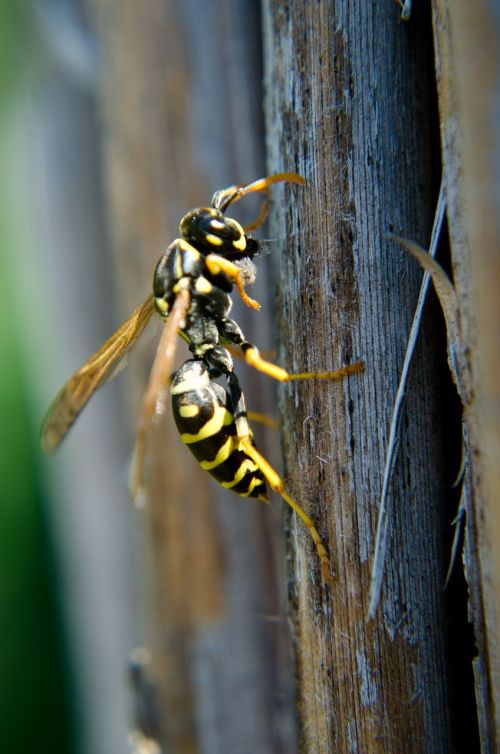
Now that I’ve reminded everyone of the reasons wasps are unwelcome guests, let’s get into how to strategically and naturally repel them. Despite my negative feelings towards these terrifying creatures, they are actually good for the environment, which is why I don’t advocate killing them if it can be avoided. For plants and flowers, wasps are beneficial insects that aid in pollination. Wasps also feed on insects that harm plants.
That being said, most of us don’t want to deal with a swarm of demons while eating dinner on the porch. The best way to deal with the winged monsters is to not have to deal with them at all, which is why I’m going to tell you about some plants that will do all the work for you. This is a safe way to protect you and your family from nasty stings, as well as protect the wasps so they can still do their important work.
Wormwood
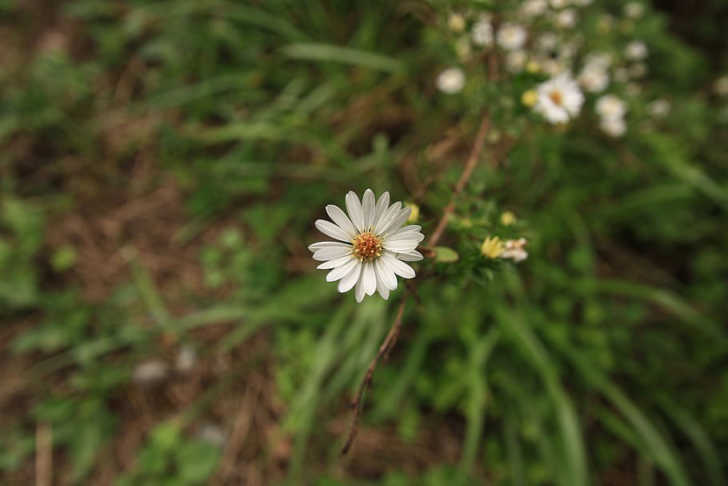
Some of you might know wormwood from the alcohol made with the absinthe found within the herb. Absinthe is actually poisonous to most insects, so when they smell the pungent odor, it alerts them to stay away. Don’t worry – the smell can only be scented by bugs!
There are a ton of other reasons to grow wormwood aside from its wasp-repelling abilities. You can make wormwood tea from the leaves, which is known to help with lots of conditions like digestion and sleep issues.
Spearmint
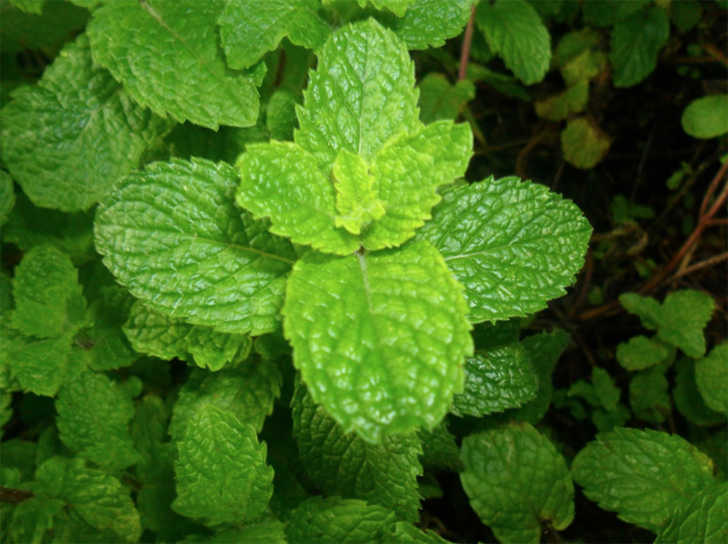
According to certified pest technician, Jordan Foster, “[mint] is one of the most known plants that repel almost any insect and bug including wasps. The reason behind this is because mint vapors a strong scent which is not appreciated by the wasps. You can plant the mint in pots and leave them in your garden close to your home.”
Like wormwood, there are lots of other benefits to growing your own spearmint. According to Healthline, spearmint tea and essential oil can lower blood sugar, reduce stress, improve memory, as well as soothe an upset stomach.
Thyme
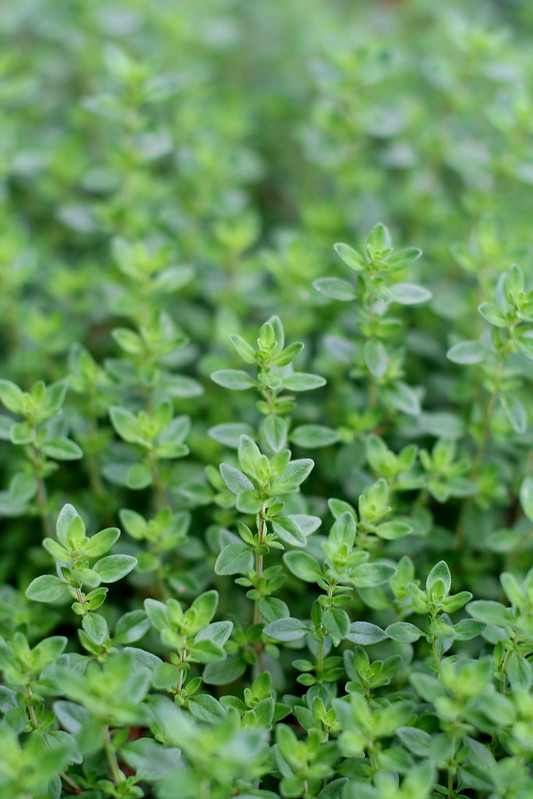
This might be the best one on the list for a few reasons. For starters, thyme is ridiculously easy to grow and maintain. These hearty plants actually thrive the less you fuss with them, which is pretty perfect. Secondly, thyme smells great to humans, but not so much to wasps. They’ll steer clear of any pot or garden containing fresh thyme!
Again, we see additional benefits to growing thyme. According to Medical News Today, thyme can help with high blood pressure, bacterial and fungal infections, and acne, to name a few benefits.
Eucalyptus
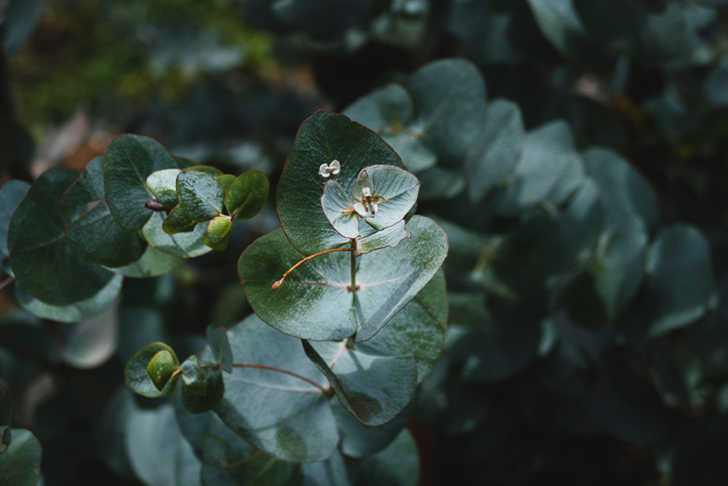
Five Spot Green Living tells us that “eucalyptus is an effective insect repellent and insecticide. In 1948, the United States officially registered eucalyptus oil as an insecticide and miticide, for killing mites and ticks.” This is another plant I love because of how easy it is to grow.
Aside from being a natural insect repellant, eucalyptus is most well known for treating dry and irritated skin. It can also help you relax, and, according to PubMed, eucalyptus can fight gingivitis.
Lemongrass
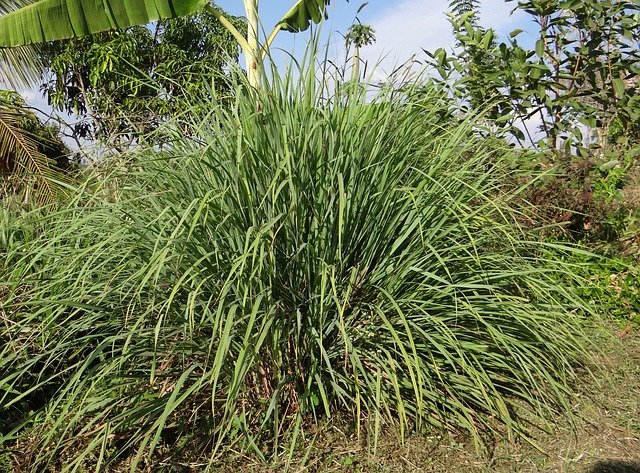
I don’t know about you, but lemongrass is legitimately one of my favorite smells. I have a lemongrass plant in my kitchen as well as the living room, though I’d love to have a full-grown plant in the yard someday! This amazing plant repels all sorts of unwanted insects like mosquitos and wasps.
According to Very Well Fit, lemongrass has properties that can help with hypertension, anxiety, insomnia, diabetes, and even the common cold!















